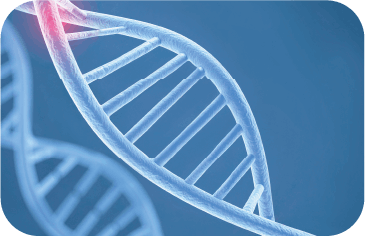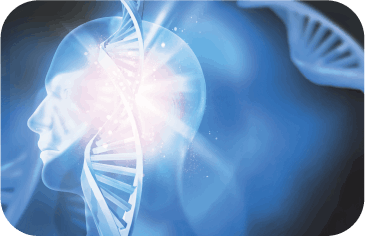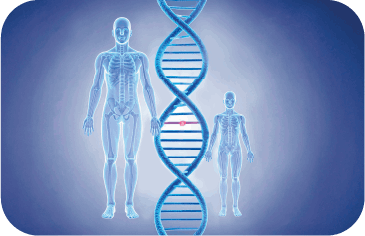What kind of results can I obtain?
The genetic compatibility test can give negative, positive and, in some cases, doubtful results. In case of a negative result, it indicates that no genetic incompatibility has been found that could lead to a recessive inheritance disease. It must be known that this does not completely rule out this possibility, but it minimizes the likelihood that it will happen.
In case of a positive result, it could be necessary to resort to Pre-implantation Genetic Diagnosis. This consists in the combination of assisted reproduction techniques together with molecular diagnostic techniques. The pre-implantation diagnosis allows us to select healthy embryos obtained from people carrying genetic alterations.
Doubtful results must be carefully evaluated to consider all the possibilities and make the best decision.





